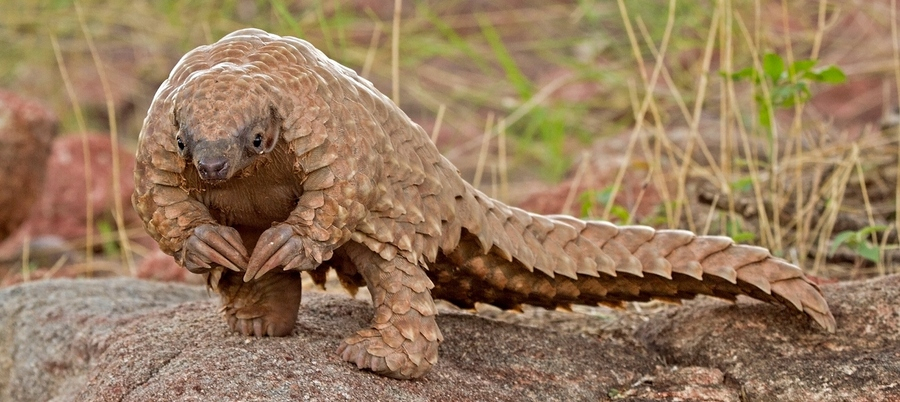The pangolins are known as guardians of the forest because these unique creatures play a vital role in maintaining the delicate balance of nature. As "forest guardians," pangolins contribute to the well-being of ecosystems by devouring millions of ants and termites each year. Their insatiable appetite helps protect forests from destruction and fosters healthy soils, promoting lush vegetation.
The Pangolin's Ecological Impact: One pangolin alone can be a formidable force for nature. By consuming vast numbers of termites, a single pangolin has the potential to safeguard over 40 acres of land. Their role in insect control aids in preserving the biodiversity of forests, ensuring a thriving habitat for various flora and fauna.
Pangolins: Endangered Protectors: Despite their crucial ecological role, pangolins face an ominous threat—endangerment. Hunted for their unique scales, these elusive creatures are pushed to the brink of extinction. In Vietnam, pangolin scales are highly sought after, believed to possess medicinal properties. This demand, however, is driving all eight pangolin species toward a perilous edge.
Sustainable Alternatives in Vietnam: A recent survey unveils a ray of hope in the fight for pangolin conservation. Astonishingly, over half of Vietnamese practitioners are willing to explore sustainable alternatives to pangolin scales in their practices. This revelation is pivotal, considering that the relentless pursuit of pangolin parts severely threatens their existence.
"The survey underscores a critical juncture in the conservation narrative, highlighting the need for a paradigm shift in the traditional use of pangolin scales. With sustainable alternatives gaining acceptance, there is newfound optimism for the survival of these remarkable creatures."
Preserving Pangolins: The onus of preserving pangolins rests on collective shoulders. Awareness and understanding are the first steps toward securing the future of these forest guardians. By curbing the demand for pangolin scales and advocating sustainable alternatives, we can contribute to the conservation efforts needed to protect these invaluable species.
